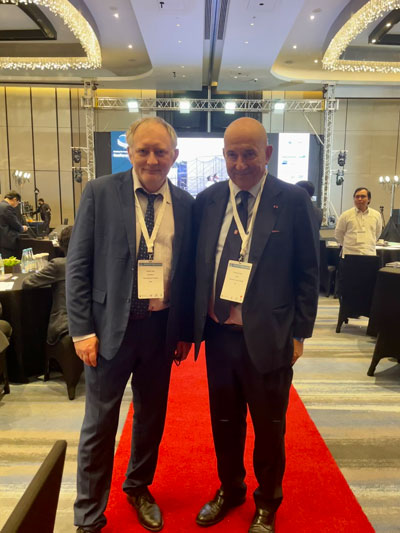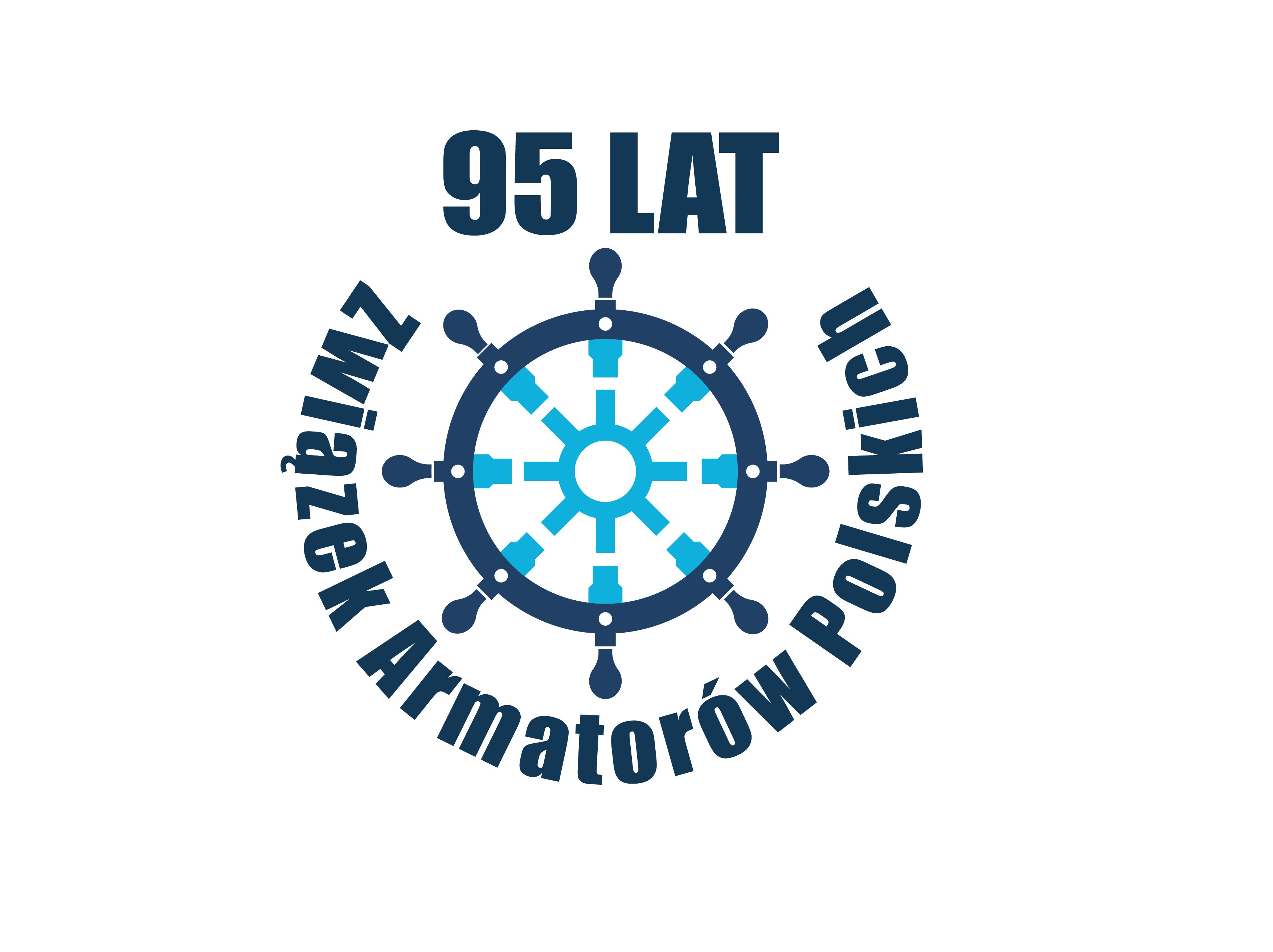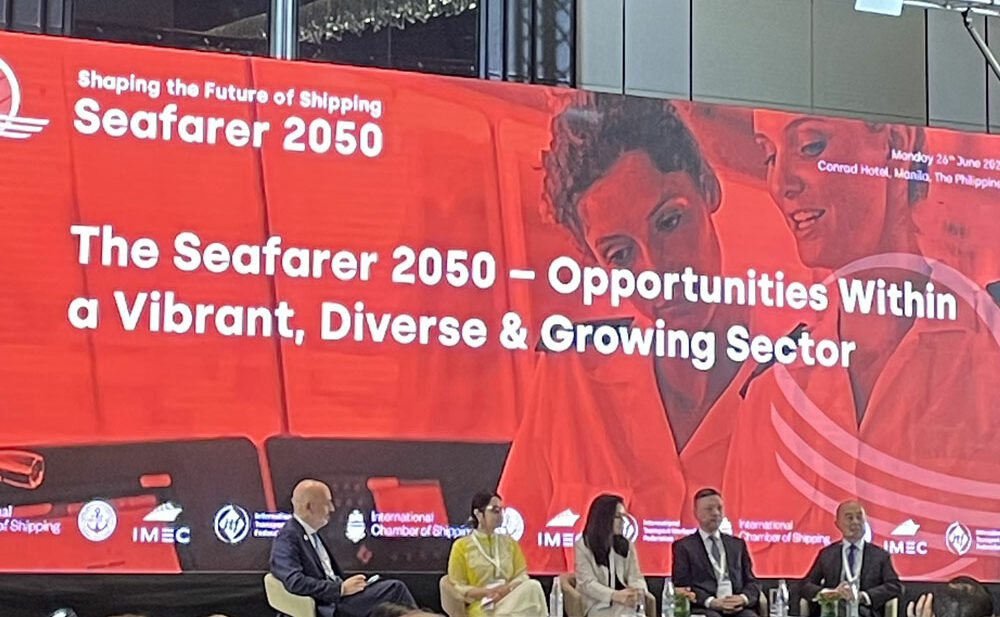The ‘Shaping The Future of Shipping – Seafarer 2050′ conference, organised by the International Chamber of Shipping (ICS) together with the International Maritime Employers’ Council (IMEC) and the International Transport Workers’ Federation (ITF), was held in the Philippine capital Manila on 25-26 June 2023. The venue was no coincidence, as the Philippines has for many years been the most important source of maritime personnel employed in the global fleet.
The conference had a classic format: an official part, panel discussions and backstage talks. The most pertinent questions asked by the event’s participants were about the current state of the seafaring labour market and the future of the seafaring profession.
The meeting was very high profile. Among those in attendance were Philippine President Ferdinand Marcos Jr. ILO Director General Gilbert H. Houngbo, ICS Board Chairman Emanuele Grimaldi, IMEC Board Chairman Belal Ahmed, IMEC Director General Francesco Gargiulo and ITF Secretary General Stephen Cotton. The Polish Shipowners’ Association (ZAP) was represented by Board Member Marcin Talwik.
The wide range of invited guests included ministers responsible for maritime affairs, representatives of regulatory bodies and NGOs, as well as shipowners, financiers and suppliers of maritime technology.
The panel discussions were dominated by shipowners’ concerns about the ever-widening shortage of seafaring personnel, especially at officer level. This phenomenon, which has been known for years, has noticeably intensified in recent times. One factor was the global Covid-19 pandemic, when thousands of seafarers were stranded on ships without the possibility of repatriation and never returned home to sea.
The shortage of officers and ratings is being felt by all shipowners, regardless of the part of the world in which they operate. This phenomenon also gives rise to negative practices among shipping companies such as, not always fairly, taking on each other’s workers. The problem is also being reported by seafarers’ recruitment agencies, but also by maritime universities, which are seeing a decreasing number of applicants for navigational and mechanical engineering courses every year.

As the conference participants pointed out, there are further challenges ahead in this difficult current situation of the seafarers’ labour market, including new technologies emerging in shipping, which will require maritime workers to have increasingly better and more comprehensive education. The industry will therefore face a necessary transformation and the investments and changes that will need to be made to ensure that there are enough skilled seafarers to meet the demands of shipping by 2050.
Participating in the “Shaping The Future of Shipping – Seafarer 2050” conference, Marcin Talwik, a representative of the Polish Shipowners’ Association, took advantage of the presence of the most important people responsible for the global seafarers’ labour market to hold a number of important discussions with them. Especially important were the meetings with companies representing the Asian seafarers’ labour market. This was an opportunity to establish direct relations that can be used in the future if such needs are raised by Polish shipowners.


